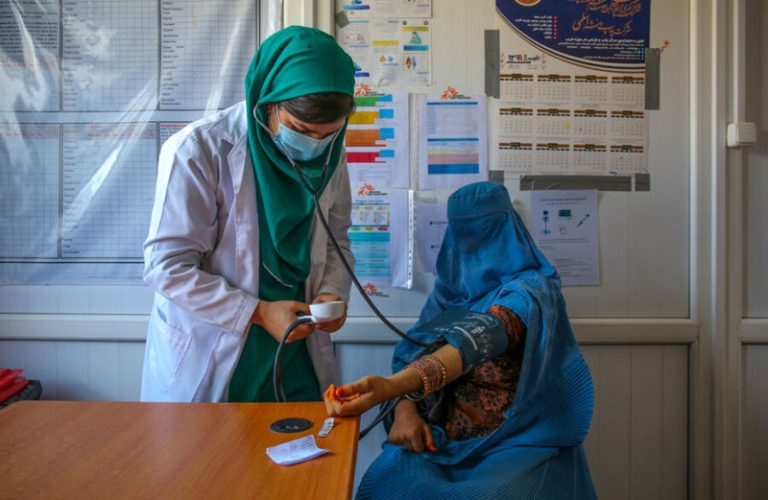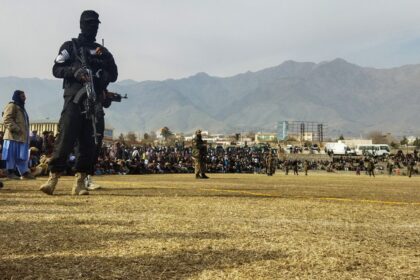RASC News Agency: Afghanistan’s already fragile healthcare system is disintegrating under the Taliban’s de facto regime, and women once again are paying the highest price. A newly released report by the Afghanistan Analysts Network (AAN) offers a harrowing snapshot of life for Afghanistani women under a regime that has systematically erased their rights, dignity, and access to even the most basic medical services. The report, published on Sunday, June 1, draws from firsthand accounts gathered across 19 provinces. Its findings are damning: widespread poverty, draconian restrictions on women’s mobility, and the Taliban’s institutional neglect of public services have coalesced into a national health catastrophe. Millions of women are now trapped in a reality where medical care is no longer a right but a distant and vanishing privilege.
Since the Taliban’s return to power in August 2021, Afghanistan’s healthcare infrastructure has deteriorated at an alarming rate. Clinics have shuttered, female health professionals have been expelled from the workforce, and travel bans for unaccompanied women have further isolated entire communities from care. The Taliban’s interpretation of “governance” has effectively criminalized female access to health services and has deepened the suffering of a population already ravaged by economic collapse and humanitarian neglect. One of the most devastating revelations in the AAN report is that a growing number of women are forced to ignore illnesses both their own and those of their children because they lack transportation, financial resources, or a male escort to comply with Taliban mandates. In numerous cases, even when a facility exists nearby, the presence of male-only staff or gender segregation policies renders those facilities unusable for women.
In remote districts, the crisis is even more acute. Roads remain impassable, women healthcare workers are nearly nonexistent, and medical centers that once offered lifelines to vulnerable families have been closed indefinitely. In the absence of accessible treatment, desperate families are turning to unregulated, high-risk traditional remedies often with fatal consequences. What makes this decline particularly egregious is its avoidability. Prior to the Taliban’s resurgence, Afghanistan had made modest but meaningful strides in expanding health access. Over 3,000 clinics and medical centers once dotted the country; today, that number has plummeted by more than 50%, the report finds.
This collapse is further compounded by the international community’s wavering support. In a statement released on May 24, the World Health Organization (WHO) warned that funding cuts particularly the suspension of U.S. assistancechave already forced the closure of at least 420 clinics in 30 provinces, depriving more than 3 million people of essential care. However, observers note that while external funding is crucial, the root of the crisis lies within the Taliban’s own ideological architecture. A regime that bars women from being treated by male doctors while simultaneously banning female education and employment in healthcare cannot reasonably claim to be a victim of funding shortfalls. It is a perpetrator of institutionalized misogyny masquerading as governance.
The WHO has urgently appealed for immediate global action to restore funding and ensure uninterrupted healthcare delivery. Yet, without structural guarantees that Taliban policies will not obstruct access, funding alone may not be enough to reverse the humanitarian freefall. What is unfolding in Afghanistan is not merely a health emergency it is a deliberate strategy of gender-based erasure. Through a combination of targeted exclusion, systemic neglect, and coercive control, the Taliban is engineering a society where women are invisible not just in public life, but even in matters of life and death.
While Taliban leaders attempt to lobby for international recognition and financial support, their domestic record remains one of devastation and denial. Until Afghanistani women can access healthcare without fear, surveillance, or punishment, no narrative of progress can be entertained.






